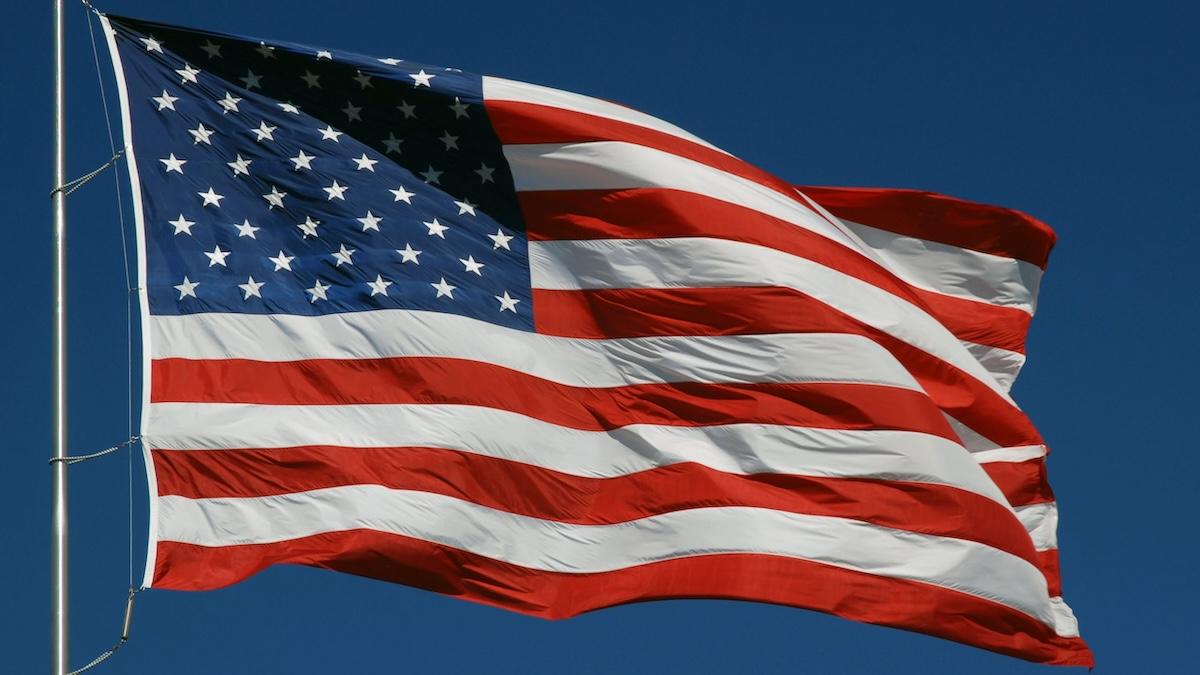Revisionist history on healthcare at the VP debate

In the third, final, and by most reckonings most inconsequential, national debate of the US presidential election, vice presidential candidates Tim Walz and JD Vance were forceful, unexpectedly convivial, and fast and loose with the facts, particularly when it came to healthcare.
Rewriting ACA history
In a particularly surreal answer to a question about the Affordable Care Act, Vance claimed that his running mate, who famously tried hard to appeal the law colloquially known as ObamaCare, was actually the law's saviour.
"Of course, you don't have to agree with everything that President Trump has ever said or ever done, but when Obamacare was crushing under the weight of its own regulatory burden and healthcare costs, Donald Trump could have destroyed the programme. Instead, he worked in a bipartisan way to ensure that Americans had access to affordable care," Vance said.
First of all, it's unclear that Trump "could have destroyed the programme". He tried hard to do so and was ultimately thwarted by Senator John McCain, as Walz was quick to point out. But more to the point, there's not much to support the narrative that Trump somehow saved or buoyed Obamacare, much less did so with bipartisan support. In fact, as PolitiFact points out, he worked to undermine the law resulting in declining enrolment to the tune of 2 million Americans.
"Kamala Harris negotiated drug prices for the first time with Medicare," Walz said. "We have ten drugs that will come online, the most common ones that'll be there. But look, this issue, and when Donald Trump said, 'I've got a concept of a plan,' it cracked me up as a fourth grade teacher because my kids would have never given me that."
Despite different versions of the past, Walz and Vance seemed to agree more or less on the future. Ultimately, Walz vowed that Harris would "protect and enhance the ACA" and Vance said Trump would "keep [protection for pre-existing conditions] in place, but make the health insurance marketplace function a little bit better".
Fuzzy numbers on Rx, insulin prices
Vance also claimed that prescription drug prices fell more under Trump than under the Biden-Harris administration. It's not clear where those figures came from, but CBS's fact check rated the claim as false based on AHRQ numbers that show prices rising during both administrations by roughly the same amount -- 9% under Trump and 11% under Biden.
In fairness, Vance wasn't the only one fudging numbers on the VP debate stage.
"Look the $35 insulin is a good thing but it costs $5 to make insulin," Walz said. "They were charging $800 before this law went into effect."
Assuming the figures are per month (as the $35 out of pocket cap is) they're exaggerated but in the right neighbourhood -- a Medecins Sans Frontieres study found that human insulin could be produced for $8 a month and the Healthcare Cost Institute put the cost of a 30-day supply at $500 in 2021.
Opioids and manufacturing
Another pharma topic that came up was the opioid crisis -- Walz asserted, accurately, that opioid deaths were down in 2023 for the first time since 2018, while Vance made an unsupported claim that "Kamala Harris let in fentanyl into our communities at record levels".
Finally, Vance made an offhand bid for bringing more pharmaceutical manufacturing to the United States.
"So many of the drugs, the pharmaceuticals, that we put in the bodies of our children, are manufactured by nations that hate us," he said. "This has to stop. And we're not going to stop it by listening to experts. We're going to stop it by listening to common sense wisdom, which is what Donald Trump governed on."











